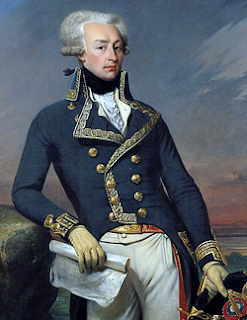 What is it that happened at Valley Forge? So many legends about it, although there was no war fought in Valley Forge, it was one of the turning points of the war. The continental army was suffering, bloody, beaten and weakened, also with hunger and diseases, they were ready to quit. As Washington said "If the army do not gets help soon, in all like hood it will disband". But why didn't it? Most couldn't withstand the hunger and cold, and so they died. Most of their horses didn't survive, as they also needed food. All that soldiers got a day was a combination of water and flour. Their clothes were bad and most had no shoes. At the end 2500 men died.
What is it that happened at Valley Forge? So many legends about it, although there was no war fought in Valley Forge, it was one of the turning points of the war. The continental army was suffering, bloody, beaten and weakened, also with hunger and diseases, they were ready to quit. As Washington said "If the army do not gets help soon, in all like hood it will disband". But why didn't it? Most couldn't withstand the hunger and cold, and so they died. Most of their horses didn't survive, as they also needed food. All that soldiers got a day was a combination of water and flour. Their clothes were bad and most had no shoes. At the end 2500 men died. The military needed to be more efficient, have more discipline and have a confidence boost. This task fell on Baron Friedrich Von Steuben. Yes, most military were trained, but some weren't, and to win they needed all men in the same level. Later the wifes, children, sisters of the soldiers arrived to give their support. This gave them the motivation to keep going. Women helped with the cleaning and cooking, they also mended soldier's uniforms. They provided the much needed emotional support.


